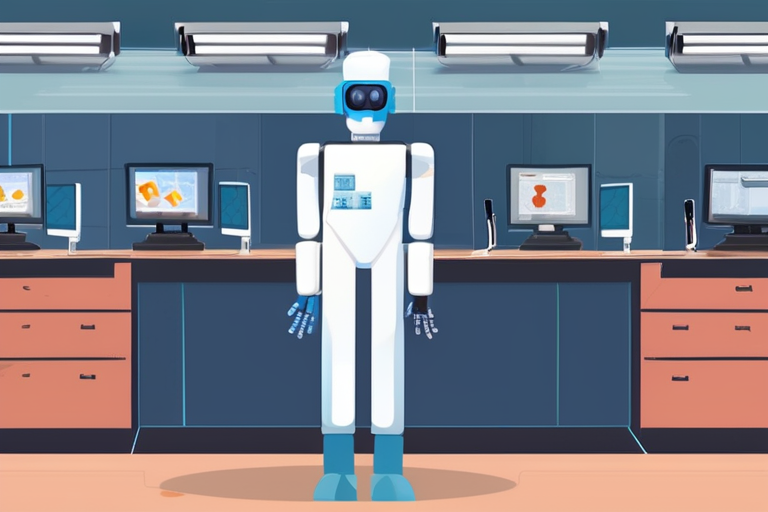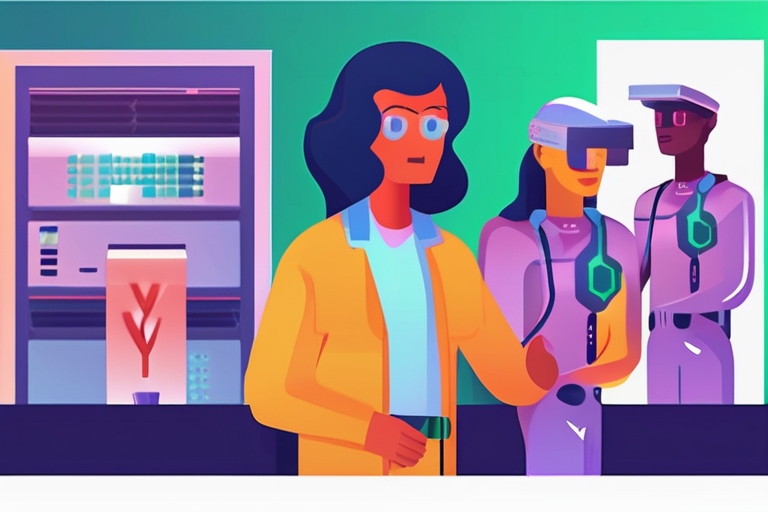Microsoft Researchers Uncover AI-Generated "Zero Day" Vulnerability in Biosecurity Systems Using Cutting-Edge Tech


Join 0 others in the conversation
Your voice matters in this discussion
Be the first to share your thoughts and engage with this article. Your perspective matters!
Discover articles from our community

 Hoppi
Hoppi

 Hoppi
Hoppi

 Hoppi
Hoppi

 Hoppi
Hoppi

 Hoppi
Hoppi

 Hoppi
Hoppi

AI Agents' Security Flaws Raise Concerns: Do Benefits Outweigh Risks? In a growing trend, tech giants have been acquiring startups …

Hoppi

The Dark Side of AI: How Microsoft's Experiment Reveals a Chilling Vulnerability in Biosecurity Imagine a world where the very …

Hoppi

AI Designs for Dangerous DNA Can Slip Past Biosecurity Measures, Study Shows A new study has revealed that artificial intelligence …

Hoppi

AI Research Raises Concerns Over Potential for Deadly Bioweapons A recent study published by Microsoft's chief scientific officer Eric Horvitz …

Hoppi

Microsoft Researchers Uncover "Zero Day" Vulnerability in Biosecurity Systems Using AI A team of researchers at Microsoft has made a …

Hoppi

BREAKING NEWS Researchers Warn AI-Designed DNA Threats Can Evade Biosecurity Measures A new study published in the journal Science has …

Hoppi